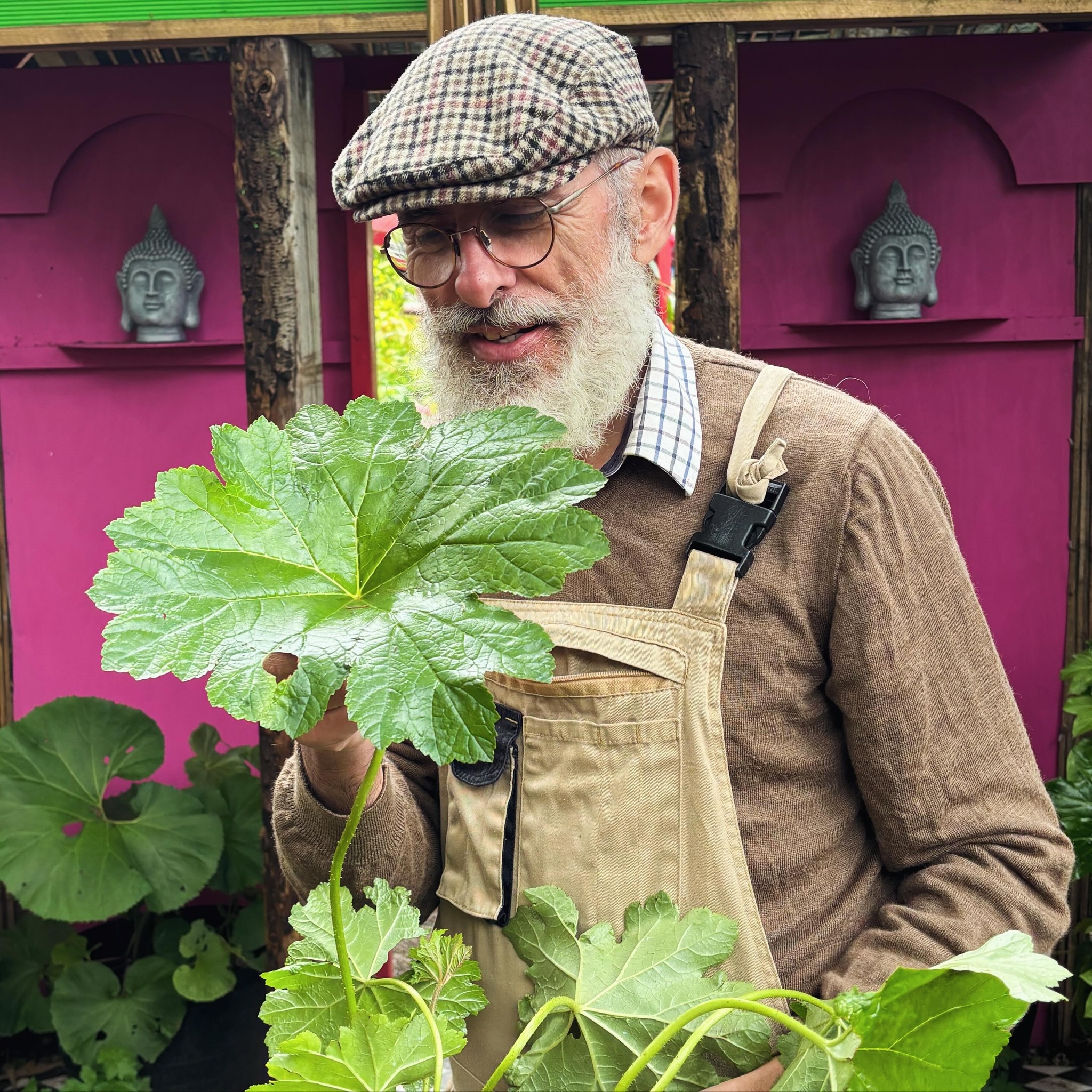The National Allotment Society* estimates that there are currently around 330,000 allotments in the UK and National Allotment Week (11th – 17th August 2025) aims to raise awareness of how key these outdoor spaces are for a healthy, sustainable lifestyle.
Haskins Garden Centres’ employee and allotment enthusiast, Hannah Cumber said: “Allotment gardening is a great way to spend more time in nature, enhancing wellbeing while giving you a dedicated space to grow your own crops. It’s also a great way to connect with a community of like-minded gardeners, sharing tips on maximising your plot potential. There are several steps you can take to make the most of your allotment.”
Top tip 1 – Pick the right plot for you
“Picking a plot size to suit your needs helps ensure your allotment doesn’t take up more time than you have available.
“When you take ownership of your plot, you’ll likely need to tidy the area before you can start growing crops. Make sure to check for any signs of rot if you have inherited a shed, and clean out or replace water butts and containers that you’ll use to store rainwater.”
Top tip 2 – Weed regularly
“Weeds are often the biggest challenge for plot-holders, and most allotments need continual care to stay on top of any issues.
“You can reduce the need for pesticides through strategic planting; a natural way to limit weed growth. Pumpkins, squash, courgettes, and potatoes smother weeds, so plant them in problem areas to inhibit growth naturally. Carrots, peas, and onions can shade weeds and quickly suppress them to prevent issues before they arise.”
Top tip 3 – Protect your soil
“Adding a layer of compost, bark, or straw around planted areas on your allotment helps retain moisture, suppress weeds, and improve soil health.
“It’s also important to check your soil type to determine if you need to add anything to support your crops. For example, lime can be added to reduce soil acidity and help clay soils break down into small clumps, so they’re easier to work with. You can determine your soil type with a quick and easy test.
“Take a handful of moist soil and gently squeeze it between your fingers. Sandy soil feels gritty and will crumble in your hands, whereas clay soil is stickier and easily mouldable. To identify loam soil, look out fora softer texture that holds its shape and feels like flour.”
Top tip 4 – Focus on plants that thrive in late summer/early autumn
“Late August is the perfect time to focus on crops that thrive in late summer and early autumn, as well as those that overwinter.
“Good choices include vegetables that provide short-term harvests, and salad leaves such as lettuce, spinach, and rocket. Winter cabbages, broad beans, and garlic are also worthwhile sowing in late summer, in preparation for overwintering.
“As heatwaves can still occur in the late summer months, it’s important to keep newly planting crops well-watered so that deep root systems become established.”
Top tip 5 – Build a community and seek advice
“If you’re feeling stuck or unsure how to solve a problem on your allotment, don’t be afraid to seek advice from other plot holders. Allotments are a great space for like-minded gardeners, and you’ll often find that other users will have faced similar challenges and can offer guidance to help overcome issues.
“You could also consider joining an organisation such as the National Allotment Society (NAS). NAS provides support, expertise, and hands-on guidance to make the most of your allotment and enjoy the experience of growing your crops.”
For more general August gardening advice to help your allotment thrive, visit the Haskins Garden Centres website at https://www.haskins.co.uk/august/
Follow @HaskinsGarden on Twitter and @HaskinsGardenCentres on Facebook to share any garden-related queries and keep up to date with all the latest news.
Source Sam Bird, Liz Lean PR




